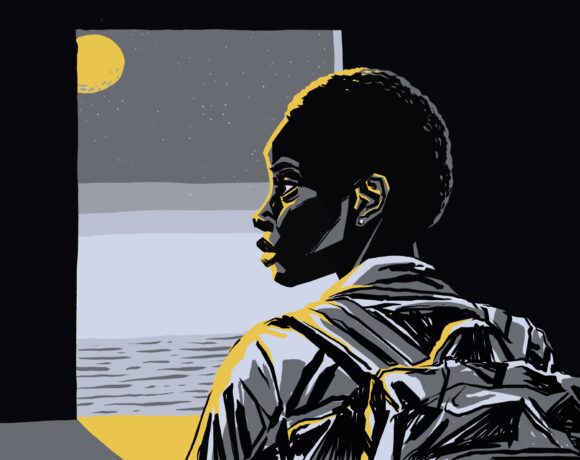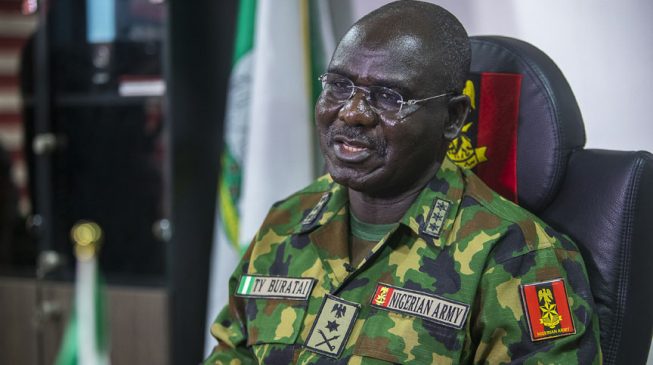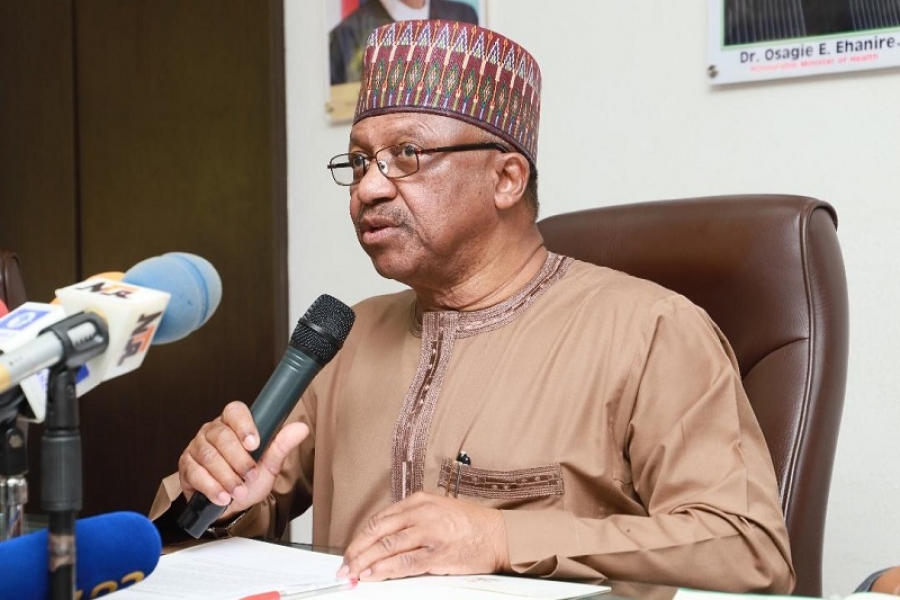An encounter with a soldier who fought bandits in North-West
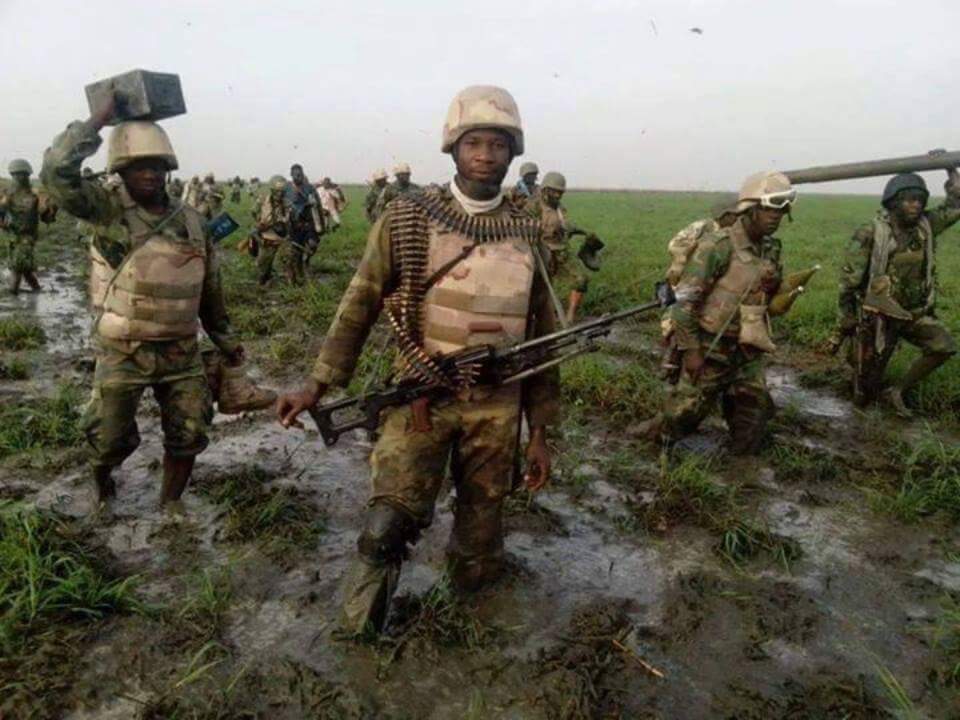
By Theophilus Abbah
My spirit dwindled and my heart sank as dark-faced military personnel flagged my car down at a mischievous checkpoint in the outskirt of Lokoja en route Abuja. Emerging from the snarling traffic on the rickety road at Felele in Lokoja, I was charged for the two-hour ride to Abuja in my Mercedes Benz car on that Friday morning, with a desire to keep a 12-noon appointment in the Federal Capital Territory. But running into an unexpected military checkpoint, where personnel with an AK-47 strapped to his back, and being signaled to stop, was demotivating.
The car tyre screeched alarmingly as I applied the brakes and looked defiantly at the soldier. Lokoja was not a hotbed of insurgency and banditry, so why obstruct travellers’ journey at such a bend on a twisting portion of the expressway, I asked myself?
Why is it difficult for soldiers to tackle these bandits? It’s almost ten years since the criminals began to operate in Nigeria, yet soldiers have not defeated them
The soldier bent down, his eyes pleading instead of interrogating me: “One of our colleagues is traveling to Niger Barracks in Abuja,” he began. “Could you, please, help him to anywhere in the FCT if your destination is Abuja?”
My cousin, who was my companion on the journey, looked at me furtively, his body language warning me that such a ride was an unnecessary risk in the context of kidnapping for ransom by bandits who disguise as military personnel.
“Where’s he,” I asked, ignoring the implications of my decision.
The soldier put a loud shout to his colleague who hurriedly arrived, flaunting his identity card to dispel my fears.
“No problem,” I said, waving aside his dramatic attempted to assert his ‘non-risky status. In my mind, I said I had prayed before embarking on the journey, so my Angels would not abandon me in ensnaring circumstances.
We sped-off.
After about ten awkward minutes, I opened a discussion with the officer.
“Where do you serve?” I asked.
“We’ve been going on operations,” he replied. “I’ve just returned from Kebbi State. I’ve been in Katsina and Zamfara States, where bandits have been wreaking havoc on farmers and kidnapping people for ransom.”
This soldier inundated us with unprintable and discouraging stories about how corruption has frustrated Nigeria’s efforts to defeat terrorists in the North-East and bandits in the North-West.
Without evaluating a question agitating my mind, I asked: “why is it difficult for soldiers to tackle these bandits? It’s almost ten years since the criminals began to operate in Nigeria, yet soldiers have not defeated them?”
‘Why terrorists might hold Nigeria captive for another 30 years
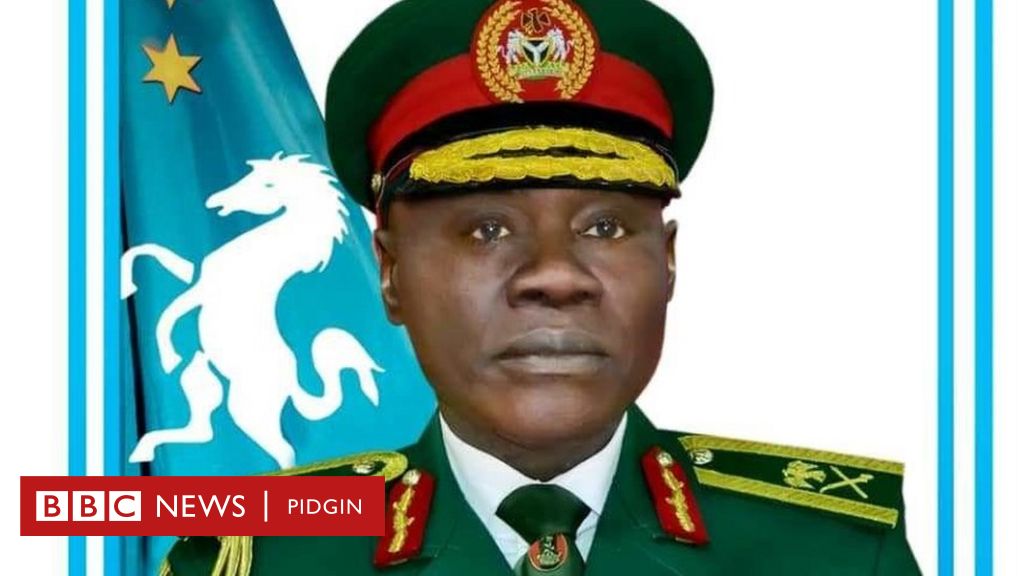
Nigeria’s Chief of Army Staff Gen Farouk Yahaya
“The crisis will continue for another thirty years,” the soldier replied. I had heard that line of thinking previously; and a former Chief of Army Staff, General [i]Yusuf Tukur Buratai, unashamedly said it at the National Assembly.
“Why are you, soldiers, saying so?” I queried, almost angrily.
“The combined forces of land, air, and sea could eliminate banditry in two weeks,” he began. “But the constant question top Generals who benefit from it ask is, do you want to complete this job in one day? The longer the warfare, the more access our generals have to the treasury. But it’s not the Generals alone. There are vested interests, traditional institutions, businessmen, and even peasants who provide bandits with intelligence. They make money from the crisis, so they won’t want it to end.”
What the soldier said was in [ii]public domain already, but there was not enough evidence to prove that military generals deliberately allowed the war to fester to enrich themselves; it made no sense. But for the rest of the two-hour trip to Abuja, this soldier inundated us with unprintable and discouraging stories about how corruption has frustrated Nigeria’s efforts to defeat terrorists in the North-East and bandits in the North-West.
In 2016, the sum of N241 billion was unaccounted for because it was spent as a security vote.
I became disturbed and agitated. Disturbed because an elongated war frustrates the hope of normalcy returning to Nigeria after over a decade of suspense, bloodshed, and a collapsed economy. The agitation in me stemmed from this perspective that the country was held captive in this war in order to satisfy the mischievous and selfish interests of few corrupt persons in the society and top-ranking military personnel.
Nigeria redirects budget from other sectors to fight war
Since 2011, funds for national development have been redirected to the war front to procure weapons and pay emolument to personnel, while the country’s earnings from oil, its major revenue source, has continued to dwindle. Between 2011 to 2018, oil revenue has oscillated dangerously, failing abysmally to $2.81 billion in 2016, before rising to $9.03 billion in 2018. The chart below shows this unstable earning from oil and gas.
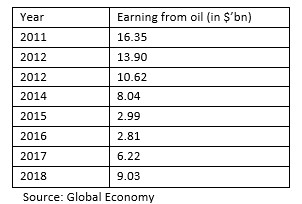
(Nigeria’s Oil Revenue from 2011-2018)
The revenue has been unstable in the face of huge military expenditure
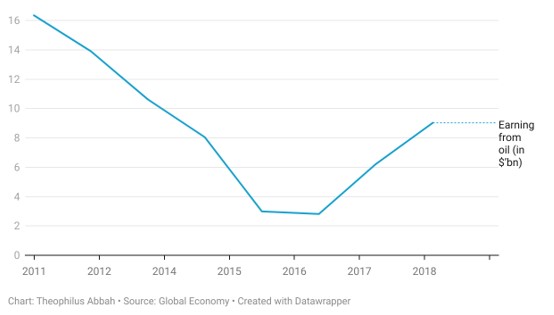
As a result of the slump in revenue from oil and gas, the country has been running a deficit budget since 2015, while expenditure on security has continued to increase. Below is a chart showing the constant increase in budgetary allocation to the security sector.
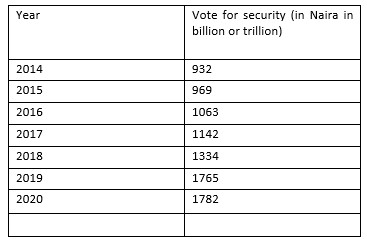
Increase in vote for security (2014-2020)
…Budget for security increases but revenue drops
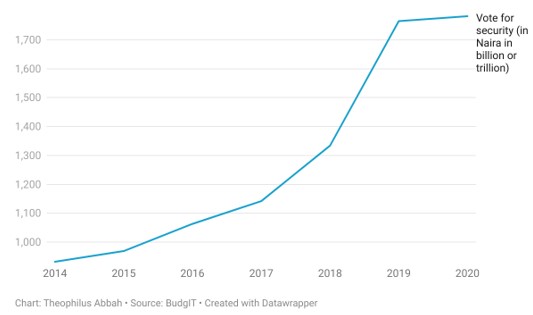
An analysis of the budget for security shows that the government set aside funds to purchase war-related items, like security helicopters, fighter aircraft and support equipment, troop carriers and equipment, arms, ammunition and operational kits, etc.
Apart from allocations in the budget, the government has, in recent times, made supplementary budgets for the procurement of equipment for the military to fight terrorists and bandits. For instance, in December 2017, governors approved the withdrawal of $1 billion from the Excess Crude Account (ECA) to fund the procurement of weapons for the military.
Though the issue became controversial at a point, The Presidency still had its way by moving the money for the extra-budgetary expenditure. Also, on July 7, 2021, a sum of N982 billion was approved by the Senate as a supplementary budget for the military.
On their part, governments of North-West and North-East states provide funds for military operation in their state, separate from the federal government’s allocation to the security sector. Though it has been a contentious issue, [iii]security votes, from which governors fund military operations and provide allowances for the growing number of vigilante groups, takes away a lot of money from states’ economies. In 2016, the sum of N241 billion was unaccounted for because it was spent as a security vote.
For instance, [iv]Borno State Government pays as much as N15,000 to each member of the Civilian Joint Task Force (CJTF), which has effectively provided intelligence the military has been using to battle terrorists in the state. Transparency International’s report about such spending in Borno State, says “ In 2014, Borno’s SSG asserted that the state had spent N10 billion($62.5 million) in security votes over the previous three years. According to him, the state government had bought twenty armored personnel carriers and 400 new pickup trucks for federal security agencies, and operated a petrol station to refuel their vehicles.” This money, invested in the economy or provision of infrastructure, would have contributed to better living conditions for the people. Sadly, it is sunk into the endless fight against terror.
‘Various effects of terrorism on Economy’
Ordinarily, terrorism strikes horror in the minds of people within a country, and those outside the country also take notice. Wars destroy the economy of countries. The 18th Century French Revolution was a direct consequence of warfare which drained France of funds and made the king impose an unacceptable taxes on the people. Apart from heavy taxation, hyperinflation led to an increase in the price of bread. The price increase led to protests from rural areas; protests led to violence; violence awoke the realization that the king and priests did not deserve their privileges, and this realization led to a national revolt that dealt the death knell to the monarchy. In contemporary history, terrorism has caused the crash of the economy of countries like Libya, Syria, Iraq, Yemen, Afghanistan, etc. Nigeria has, sadly, joined this ugly list.

CBN Governor, Godwin Emefiele
For instance, a nation obtains foreign exchange (forex) by several means, including by maintaining a positive balance of trade, through tourism, remittances, and positive invisible trade such as people coming in for healthcare or their schooling. Terrorism chases all these sources away and leaves a nation bare.
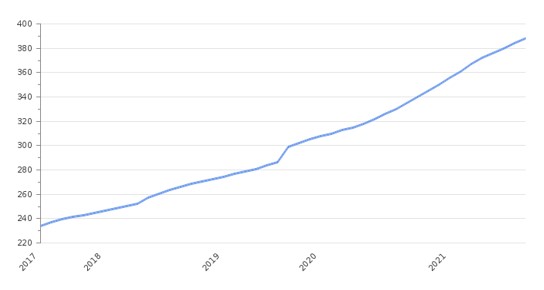
Source: take-profit.org Consumer Price Index in Nigeria
In the aftermath of the 9/11 attacks in New York, President George W. Bush had to literally beg Americans to shake off the terror, and go out to shop. The depression and lethargy precipitated by the attack were palpable. In the same vein, different terrorist attacks have continually depressed trade in Nigeria and that is part of why most of our malls are empty of customers today or have very low footfall.
Middle-class Nigerians even prefer the feeling of shopping abroad, where they feel very comfortable. Nigeria could have had more remittances, more foreign students, more people coming in for tourism, and so on, if we had had fewer of incidences of terrorism and if our country was safe.
On the other hand, the vast majority of our forex inflow is being re-routed abroad to buy weapons and ammunition. In 2018, President Buhari signed off $496 million to the USA for the purchase of Tucano helicopters, to fight terrorists. Many frauds have also taken place in the very opaque world of security as it pertains to Nigeria. Since we started the dalliance with terrorism, we have been misapplying funds meant for the betterment of the lives of our children, on fighting terrorism.
Terrorism causes inflation
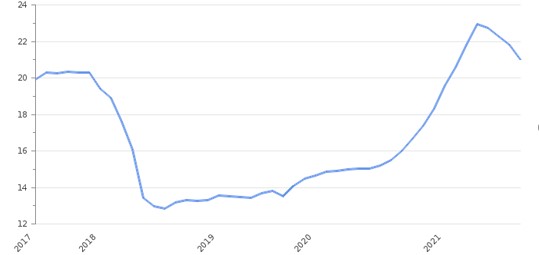
Source: take-profit.org. Food inflation in Nigeria
Inflation can occur through several means and what we are experiencing in Nigeria is multidimensional inflation. A major factor in our inflation stems from the supply side, as suppliers of goods and services mark up their prices to cover for the cost of replacement. The cost of the purchase in Nigeria is now affected by terrorism. The cost of logistics has skyrocketed and this has to reflect in the price of goods. Also, as an import intensive economy, a lot of what we use locally comes from abroad. Nigeria has continued to devalue her currency as global confidence erodes partly due to terrorism, which has put the country squarely in the realm of countries to be avoided except totally and necessary
[i] The former chief of Army Staff claimed terrorism is so complex that Nigerian may have to live with it for two more decades: Terrorism may persist in Nigeria for another 20 years – Tukur Buratai (premiumtimesng.com)
[ii] The International Center for Investigative Reporting (ICIR) has published an expose on corruption among military commanders: How Corrupt Army Commanders Undermine Fight Against Boko Haram | International Centre for Investigative Reporting (icirnigeria.org)
[iii] Amnesty International has done an extensive report on how ‘security votes’ in Nigeria is tainted with corruption: DSP_Nigeria_Camouflage_Cash_Web2.pdf (ti-defence.org)
[iv] The International Crisis Group has provided an in depth report on how vigilantes are funded by state governors: Watchmen of Lake Chad: Vigilante Groups Fighting Boko Haram | Crisis Group.
The Insight Report
Nigeria Coverage

